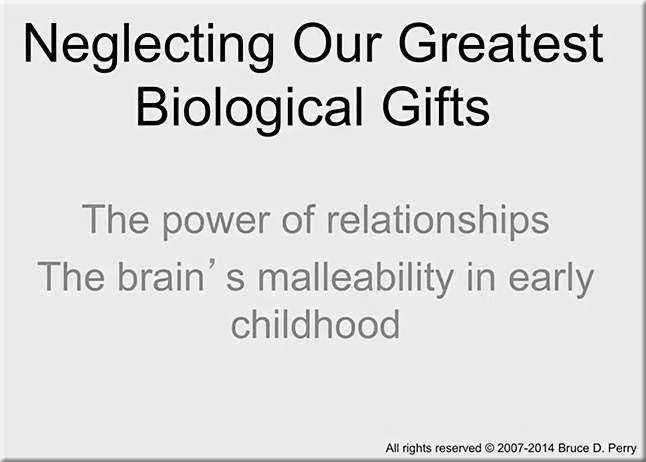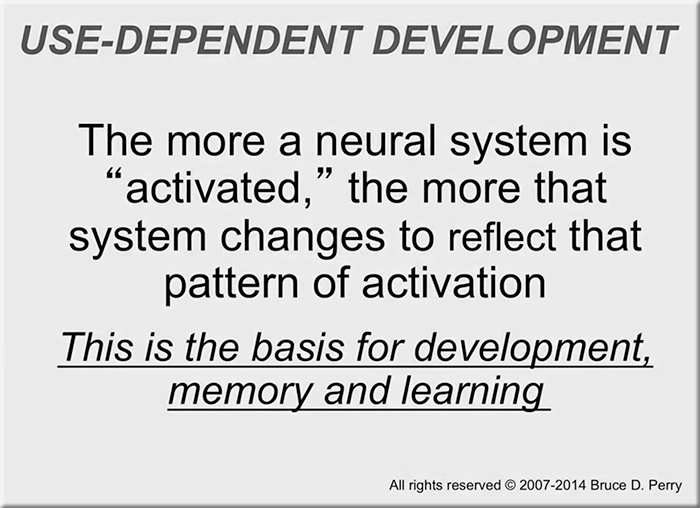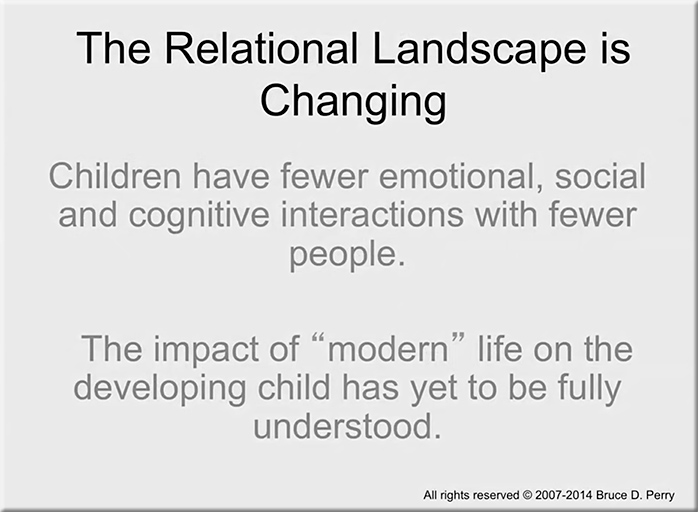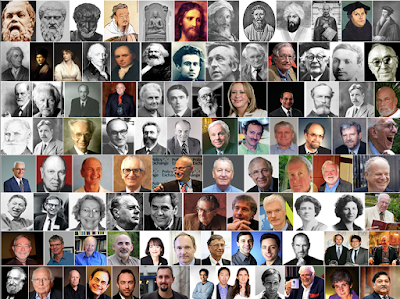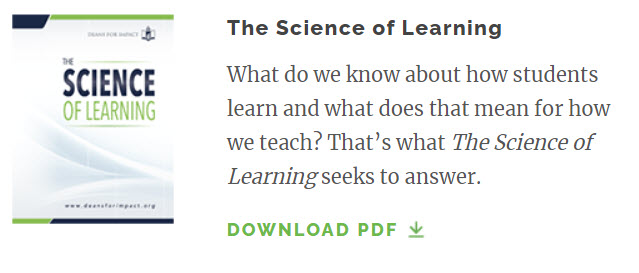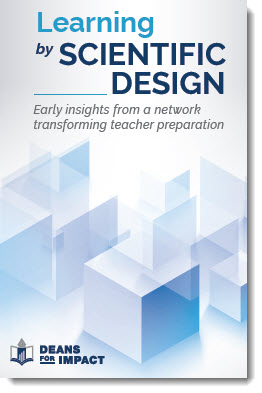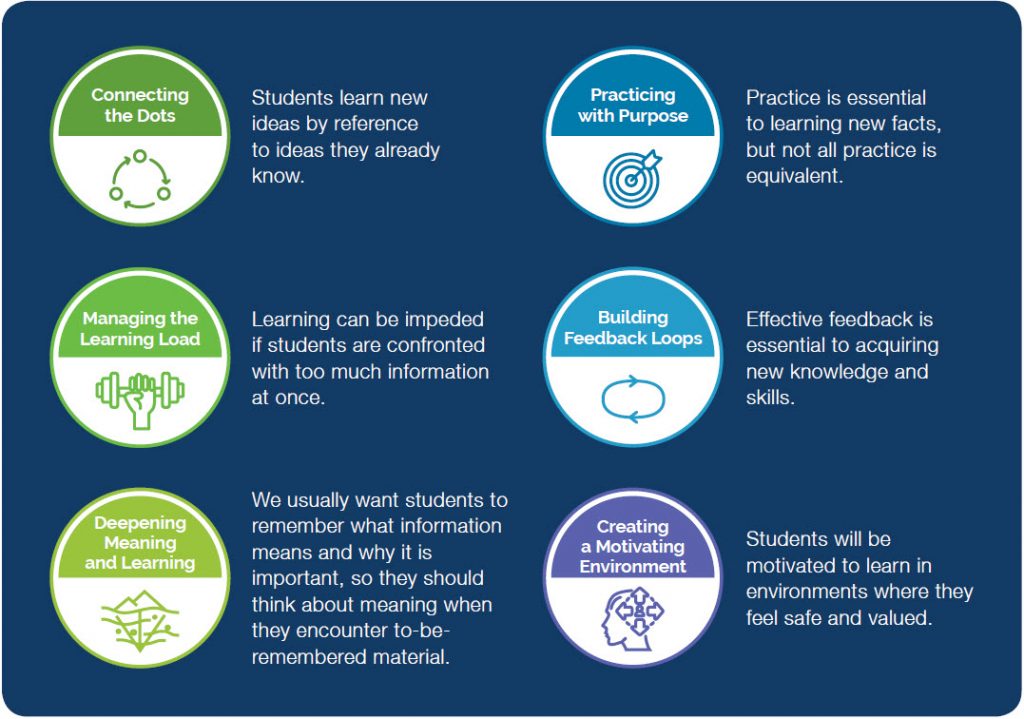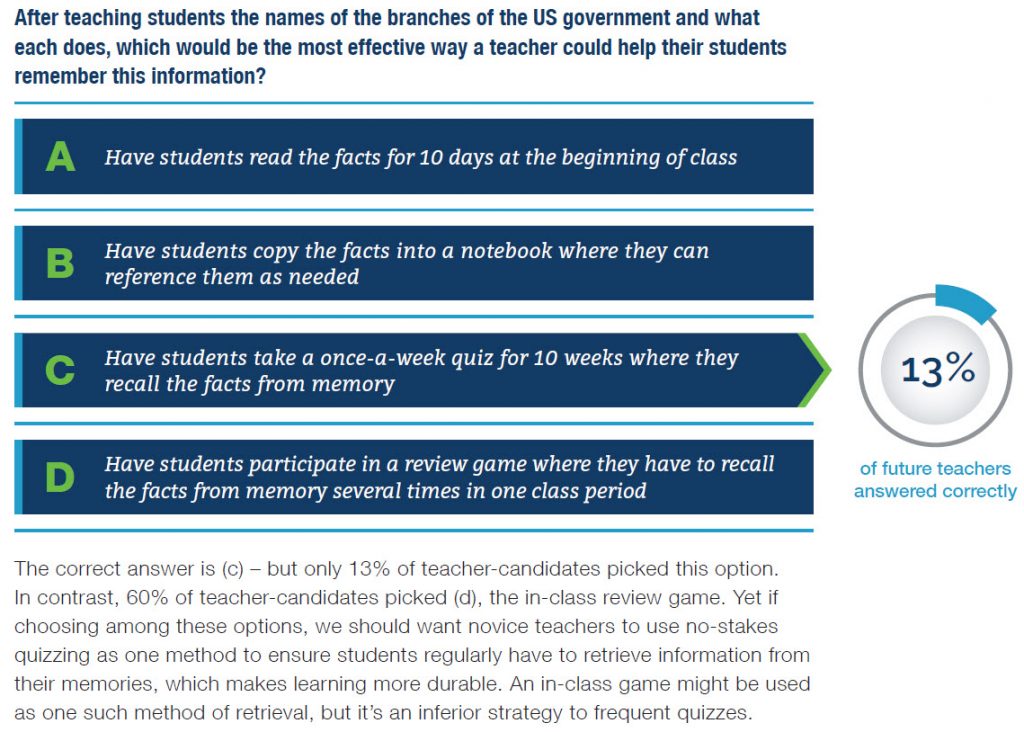
From DSC:
What are the cognitive “highways” within our minds?
I’ve been thinking a lot about highways recently. Not because it’s construction season (quite yet) here in Michigan (USA), but because I’ve been reflecting upon how many of us build cognitive highways within our minds. The highways that I’m referring to are our well-trodden routes of thinking that we quickly default/resort to. Such well-trodden pathways in our minds get built over time…as we build our habits and/or our ways of thinking about things. Sometimes these routes get built without our even recognizing that new construction zones are already in place.
Those involved with cognitive psychology will connect instantly with what I’m saying here. Those who have studied memory, retrieval practice, how people learn, etc. will know what I’m referring to.
But instead of a teaching and learning related origin, I got to thinking about this topic due to some recent faith-based conversations instead. These conversations revolved around such questions as:
- What makes our old selves different from our new selves? (2 Corinthians 5:17)
- What does it mean to be transformed by the “renewing of our minds?” (Romans 12:2)
- When a Christian says, “Keep your eyes on Christ” — what does that really mean and look like (practically speaking)?
For me, at least a part of the answers to those questions has to do with what’s occupying my thought life. I don’t know what it means to keep my eyes on Christ, as I can’t see Him. But I do understand what it means to keep my thoughts on what Christ said and/or did…or on the kinds of things that Philippians 4:8 suggests that we think about. No wonder that we often hear the encouragement to be in the Word…as I think that new cognitive highways get created in our minds as we read the Bible. That is, we begin to look at things differently. We take on different perspectives.
The ramifications of this idea are huge:
- We can’t replace an old highway by ourselves. It takes others to help us out…to teach us new ways of thinking.
- We sometimes have to unlearn some things. It took time to learn our original perspective on those things, and it will likely be a process for new learning to occur and replace the former way of thinking about those topics.
- This idea relates to addictions as well. It takes time for addicts to build up their habits/cravings…and it takes time to replace those habits/cravings with more positive ones. One — or one’s family, partner/significant other, and friends — should not expect instant change. Change takes time, and therefore patience and grace are required. This goes for the teachers/faculty members, coaches, principals, pastors, policemen/women, judges, etc. that a person may interact with as well over time. (Hmmm…come to think of it, it sounds like some other relationships may be involved here at times also. Certainly, God knows that He needs to be patient with us — often, He has no choice. Our spouses know this as well and we know that about them too.)
- Christians, who also struggle with addictions and go to
the hospitaler…the church rather, take time to change their thoughts, habits, and perspectives. Just as the rebuilding of a physical highway takes time, so it takes time to build new highways (patterns of thinking and responses) in our minds. So the former/old highways may still be around for a while yet, but the new ones are being built and getting stronger every day. - Sometimes we need to re-route certain thoughts. Or I suppose another way to think about this is to use the metaphor of “changing the tapes” being played in our minds. Like old cassette tapes, we need to reject some tapes/messages and insert some new ones.
![]()
What are the cognitive highways within your own mind? How can you be patient with others (that you want to see change occur within) inside of your own life?
Anyway, thanks for reading this posting. May you and yours be blessed on this day. Have a great week and weekend!
Addendum on 3/31/22…also relevant, see:
I Analyzed 13 TED Talks on Improving Your Memory— Here’s the Quintessence — from learntrepreneurs.com by Eva Keiffenheim
How you can make the most out of your brain.
Excerpt:
In her talk, brain researcher and professor Lara Boyds explains what science currently knows about neuroplasticity. In essence, your brain can change in three ways.
Change 1 — Increase chemical signalling
Your brain works by sending chemicals signals from cell to cell, so-called neurons. This transfer triggers actions and reactions. To support learning your brain can increase the concentration of these signals between your neurons. Chemical signalling is related to your short-term memory.
Change 2 — Alter the physical structure
During learning, the connections between neurons change. In the first change, your brain’s structure stays the same. Here, your brain’s physical structure changes?—?which takes more time. That’s why altering the physical structure influences your long-term memory.
For example, research shows that London taxi cab drivers who actually have to memorize a map of London to get their taxicab license have larger brain regions devoted to spatial or mapping memories.
Change 3 — Alter brain function
This one is crucial (and will also be mentioned in the following talks). When you use a brain region, it becomes more and more accessible. Whenever you access a specific memory, it becomes easier and easier to use again.
But Boyd’s talk doesn’t stop here. She further explores what limits or facilitates neuroplasticity. She researches how people can recover from brain damages such as a stroke and developed therapies that prime or prepare the brain to learn?—?including simulation, exercise and robotics.
Her research is also helpful for healthy brains?—?here are the two most important lessons:
The primary driver of change in your brain is your behaviour.
…
There is no one size fits all approach to learning.









